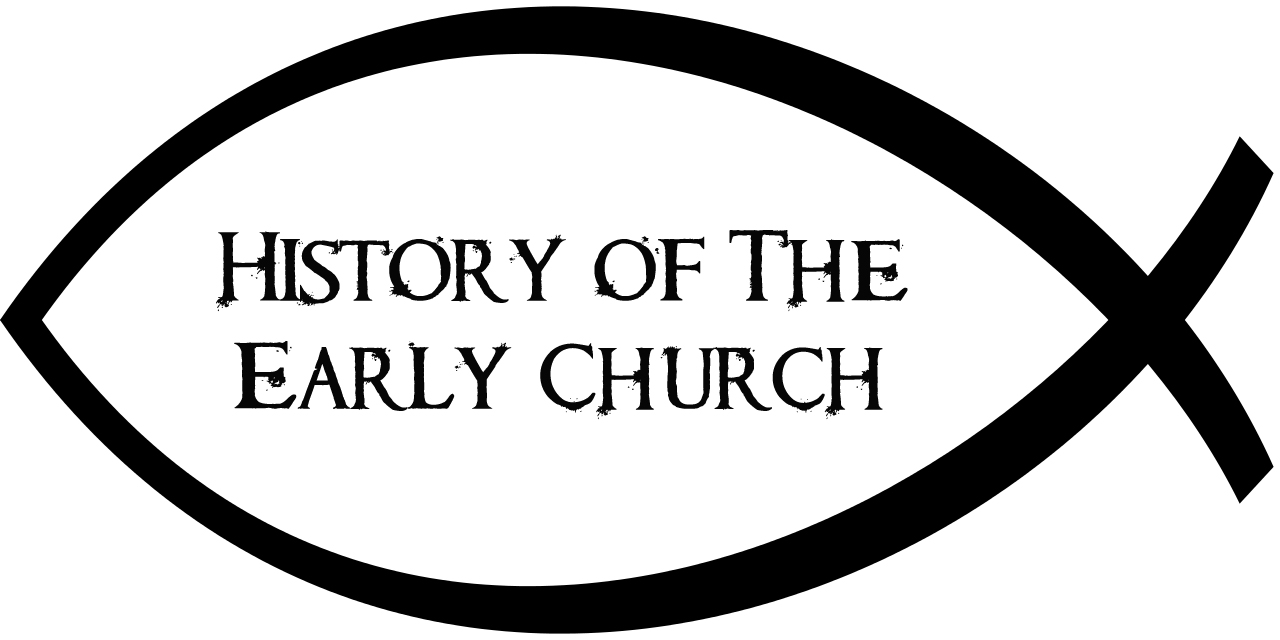Wycliffe’s influence lived on in England through his disciples, who were called Lollards by the Catholics. Wycliffe had always argued the authority of Scripture over the authority of the Church. One of the great accomplishments of the Lollards was their translation of the first English Bible. Although this first English Bible is popularly credited today to Wycliffe himself, the actual translating was done by his disciples and friends.

Initially, the Lollards included many persons of wealth and power in their ranks. Still heavily influenced by the Constantinian Hybrid, in 1394 the Lollards presented a pamphlet to the English Parliament asking it to reform the Church. Yet, their proposed reforms are an interesting mixture of Augustinian and kingdom teachings. They attacked priestly celibacy, holy water, prayers for the dead, pilgrimages to Rome, prayers and offerings to crosses and images, and confession to priests. They called for an end to the practice of the pope or his bishops performing all ordinations in England.
They also attacked the practice of clergymen occupying both governmental and spiritual offices at the same time, saying:
To have the king and bishop in one person, prelate and judge in temporal causes, curate and officer in secular office, puts any kingdom beyond good rule. This conclusion is clearly proved because the temporal and spiritual are two halves of the entire Holy Church. And so he who has applied himself to one should not meddle with the other, for no one can serve two masters.
So like Wycliffe, the Lollards did not have a complete understanding of the gospel of the kingdom. They wanted secular and religious offices separated, but they still saw the secular and religious powers together constituting the entire Holy Church. God’s kingdom was still married to the state.

Nevertheless, after Wycliffe’s death, the Lollards moved further from Augustinian theology and closer to the kingdom gospel. For example, despite their imperfect understanding of the kingdom, the Lollards could see that war was inconsistent with Christianity:
Manslaughter in war, or by pretended law of justice for a temporal cause, without spiritual revelation, is expressly contrary to the New Testament, which indeed is the law of grace and full of mercies. This conclusion is openly proved by the examples of Christ’s preaching here on earth, for he specially taught a man to love his enemies, and to show them pity, and not to slay them. The reason is this: (generally speaking) when men fight, love is forgotten after the first blow. And whoever dies without love goes down the straight road to hell. And beyond this, we know well that no clergyman can by Scripture or lawful reason remit the punishment of death for one mortal sin and not for another. But the New Testament is the law of mercy. And it prohibits every kind of manslaughter. For the Gospel says: It was said to them of old, thou shalt not kill.’ …[The crusaders] deserve ill thanks from the King of Peace. For it is by humility and patience that the faith is multiplied. Christ Jesus hates and threatens men who fight and kill, for he says, He who smites with the sword shall perish by the sword.’ As might be guessed, Parliament did not institute these Lollard articles. In fact, within a few decades, the crown and the Catholic Church united in an attempt to completely eradicate the Lollards. The Catholic powers hunted down the Lollards ruthlessly, and many of them were burned at the stake. Others recanted their doctrines when faced with torture and death. The survivors were driven underground. The Lollards continued to meet, but in secret. Their simple meetings emphasized Bible study and preaching of the Word.

After the Lollard movement lost the support of the king and nobility, it began to take on many of the characteristics of the medieval kingdom movements. Their numbers were now almost exclusively made up of tradesmen, peasants, and the urban poor. The Catholic Church could never eradicate them, and so the Lollards were still around when the Reformation reached England.
© From The Kingdom that Turned the World Upside Down

The Lollards The Lollards grew out of the reform movement of John Wycliffe. They (not Wycliffe) translated the first English Bible, and they turned 14th century England upside down with their preaching and kingdom witness. Although persecuted, they continued as an underground movement right up to the Reformation.
60 min. Audio CD
